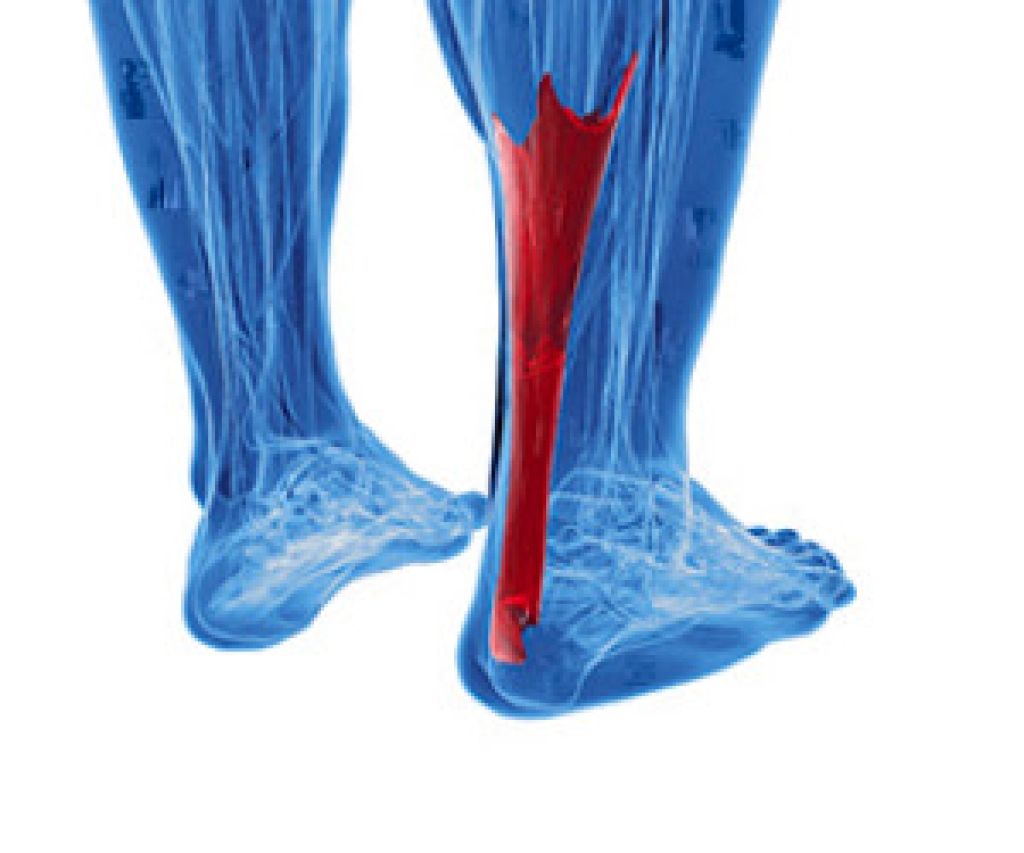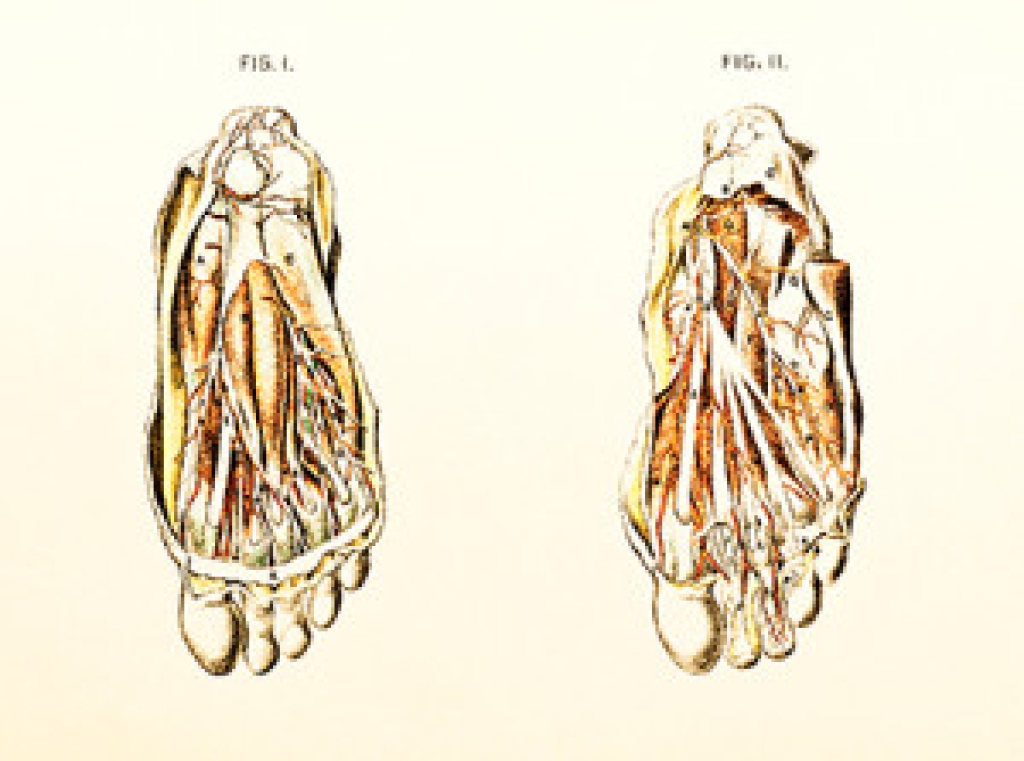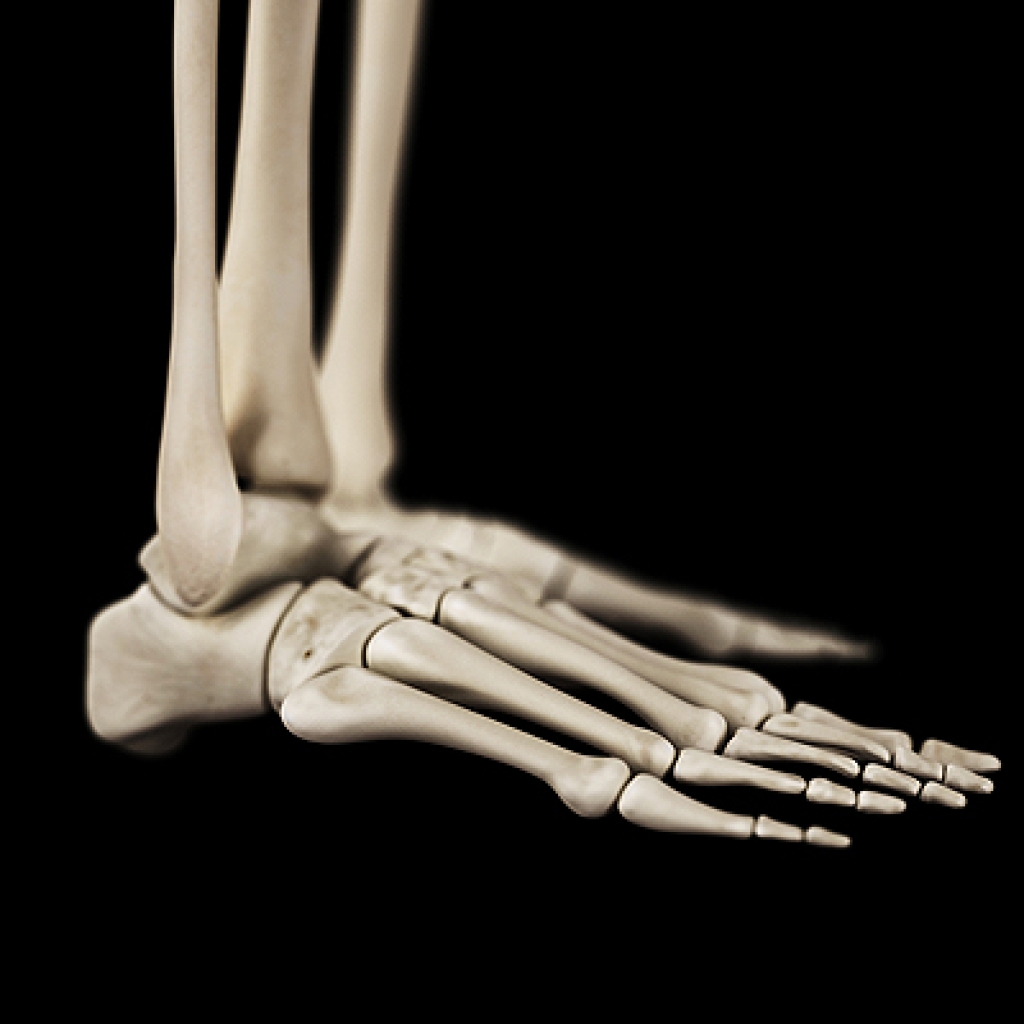 When you point your toes toward the floor and then stand up on your tiptoes, that's the Achilles tendon at work. It’s located at the back of the ankle and above the heel. When it is injured, there can be stiffness or burning pain in the lower part of the leg. Typically, this injury tends to happen as you push off on your foot, as opposed to landing on your foot. An example of this is a runner pushing off the starting block. Other common causes include engaging in activities like dancing, tennis, and football. In addition to these, flat feet and wearing high heels or poorly-fitted footwear may also cause stress on the Achilles tendon.
When you point your toes toward the floor and then stand up on your tiptoes, that's the Achilles tendon at work. It’s located at the back of the ankle and above the heel. When it is injured, there can be stiffness or burning pain in the lower part of the leg. Typically, this injury tends to happen as you push off on your foot, as opposed to landing on your foot. An example of this is a runner pushing off the starting block. Other common causes include engaging in activities like dancing, tennis, and football. In addition to these, flat feet and wearing high heels or poorly-fitted footwear may also cause stress on the Achilles tendon.
Achilles tendon injuries need immediate attention to avoid future complications. If you have any concerns, contact one of our podiatrists of PA Foot & Ankle Associates. Our doctors can provide the care you need to keep you pain-free and on your feet.
What Is the Achilles Tendon?
The Achilles tendon is a tendon that connects the lower leg muscles and calf to the heel of the foot. It is the strongest tendon in the human body and is essential for making movement possible. Because this tendon is such an integral part of the body, any injuries to it can create immense difficulties and should immediately be presented to a doctor.
What Are the Symptoms of an Achilles Tendon Injury?
There are various types of injuries that can affect the Achilles tendon. The two most common injuries are Achilles tendinitis and ruptures of the tendon.
Achilles Tendinitis Symptoms
- Inflammation
- Dull to severe pain
- Increased blood flow to the tendon
- Thickening of the tendon
Rupture Symptoms
- Extreme pain and swelling in the foot
- Total immobility
Treatment and Prevention
Achilles tendon injuries are diagnosed by a thorough physical evaluation, which can include an MRI. Treatment involves rest, physical therapy, and in some cases, surgery. However, various preventative measures can be taken to avoid these injuries, such as:
- Thorough stretching of the tendon before and after exercise
- Strengthening exercises like calf raises, squats, leg curls, leg extensions, leg raises, lunges, and leg presses
If you have any questions please feel free to contact one of our offices located in Allentown, Easton, Northampton, and Chew Street in Allentown, PA . We offer the newest diagnostic tools and technology to treat your foot and ankle needs.




